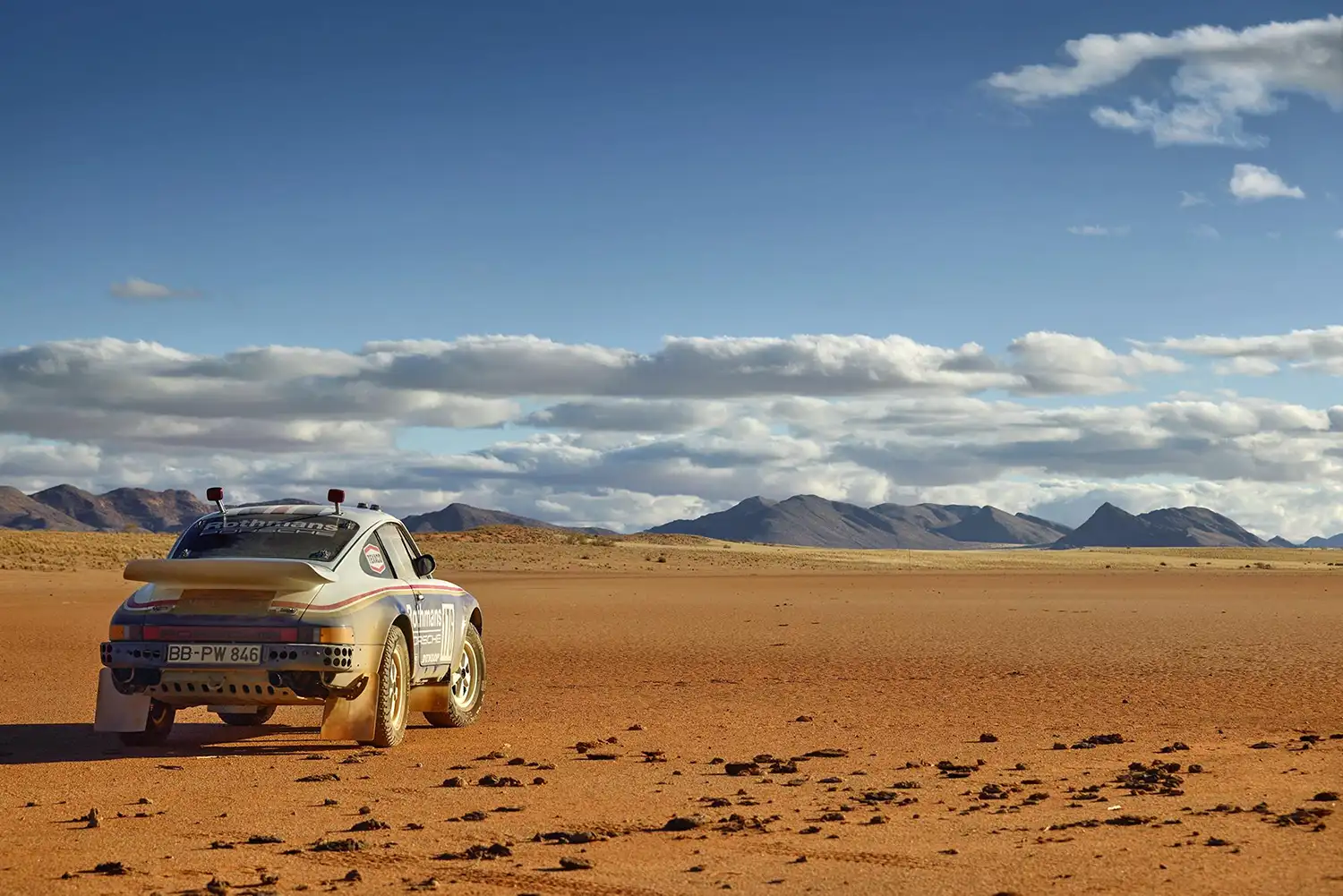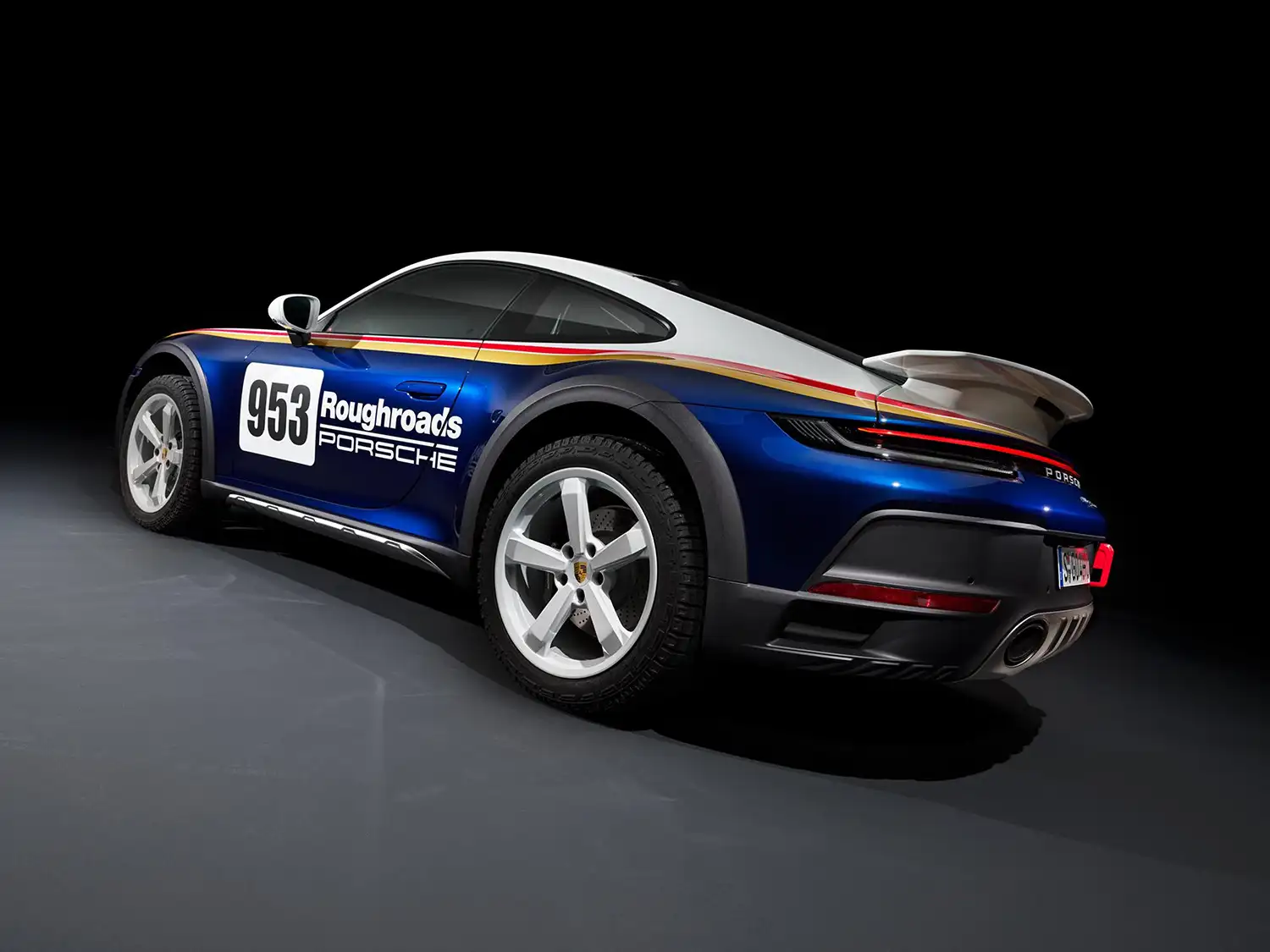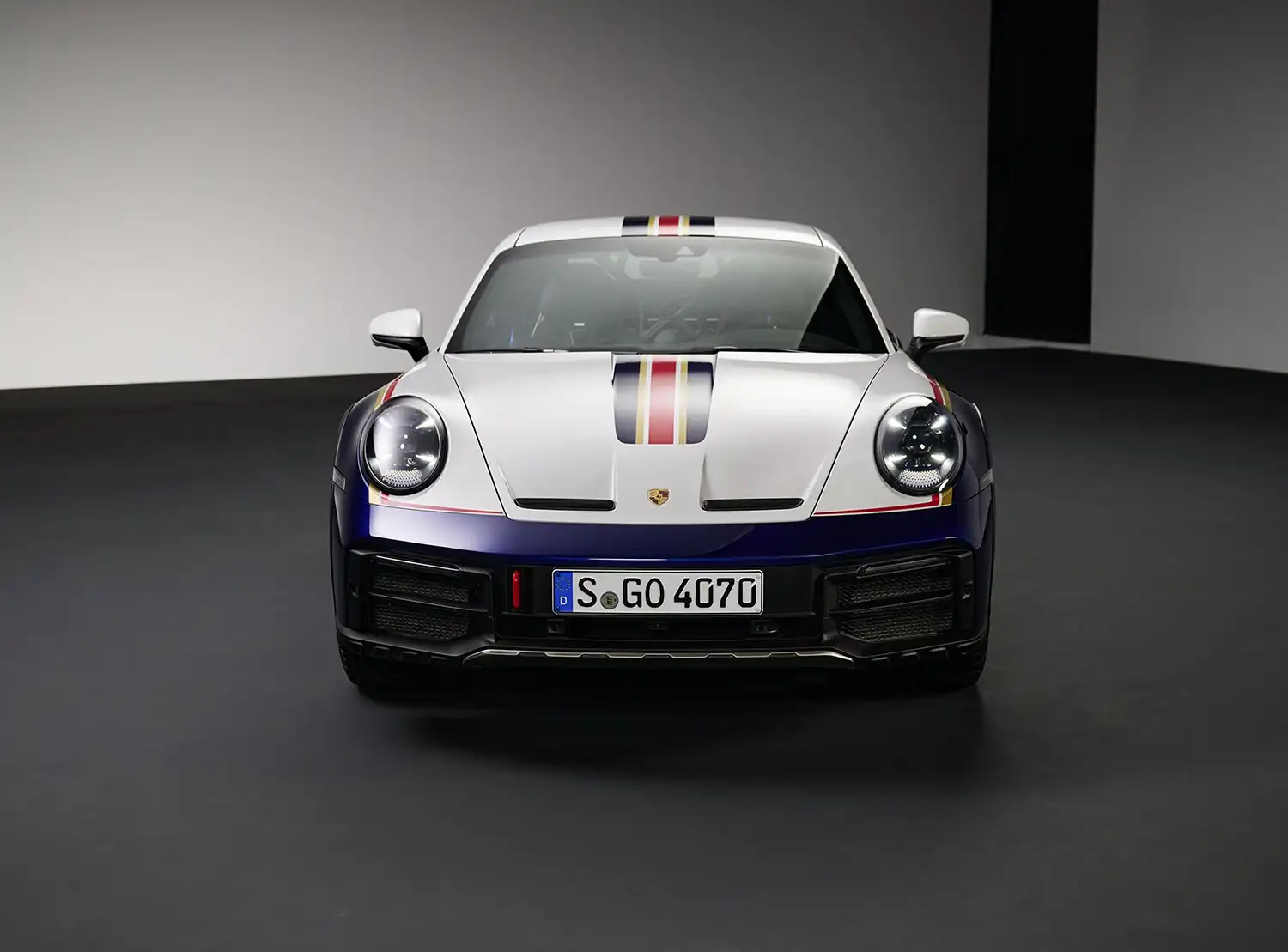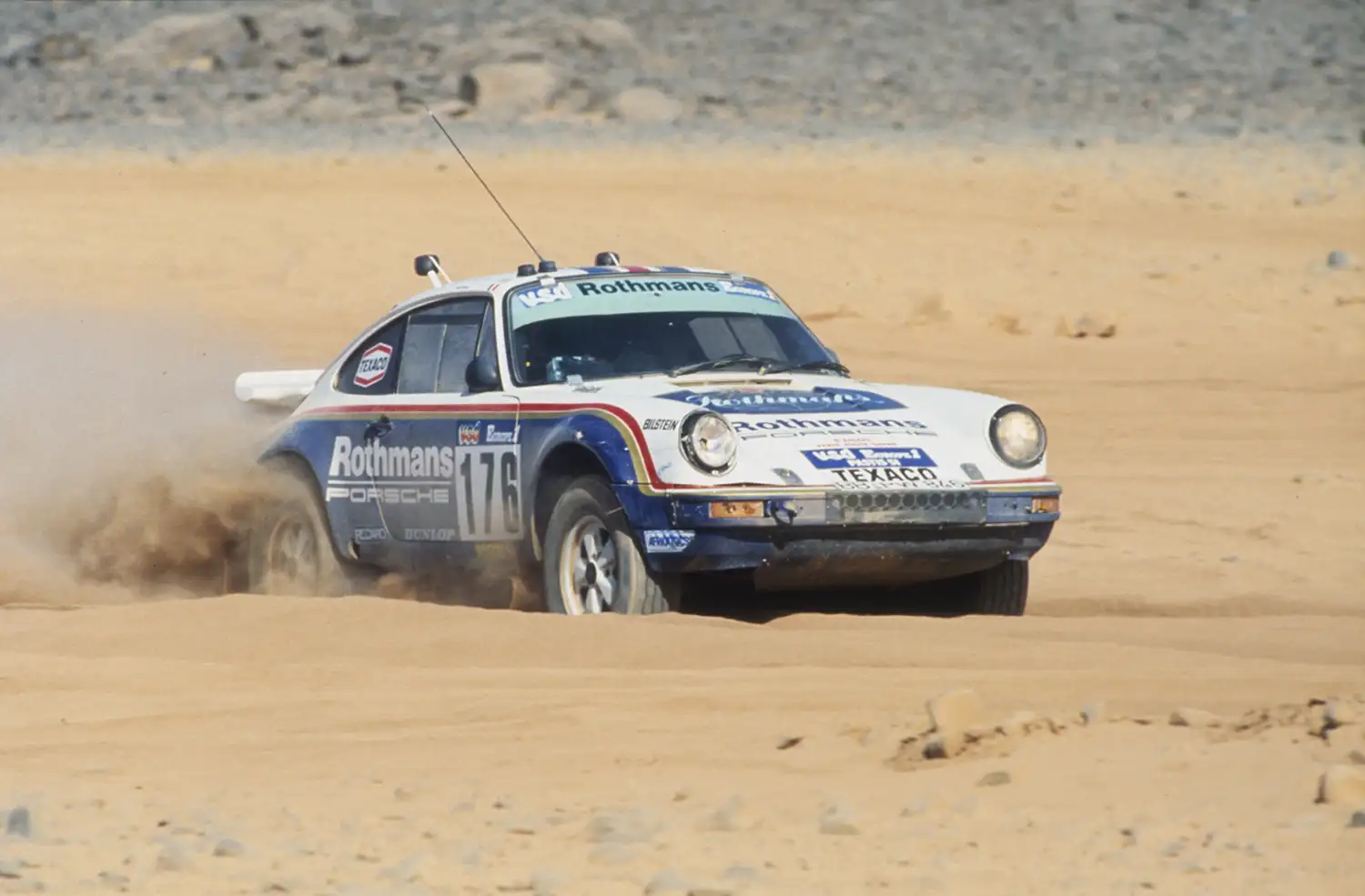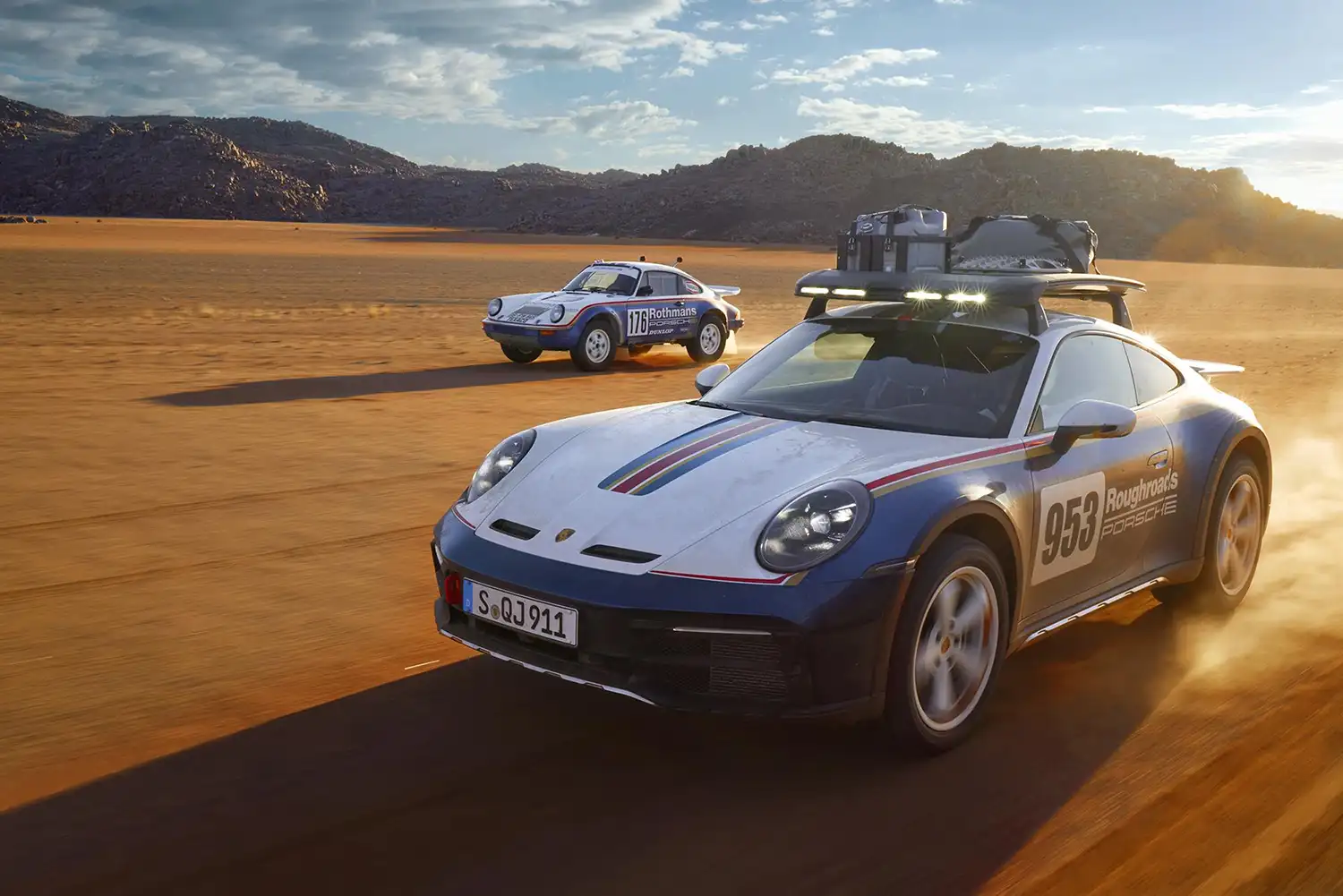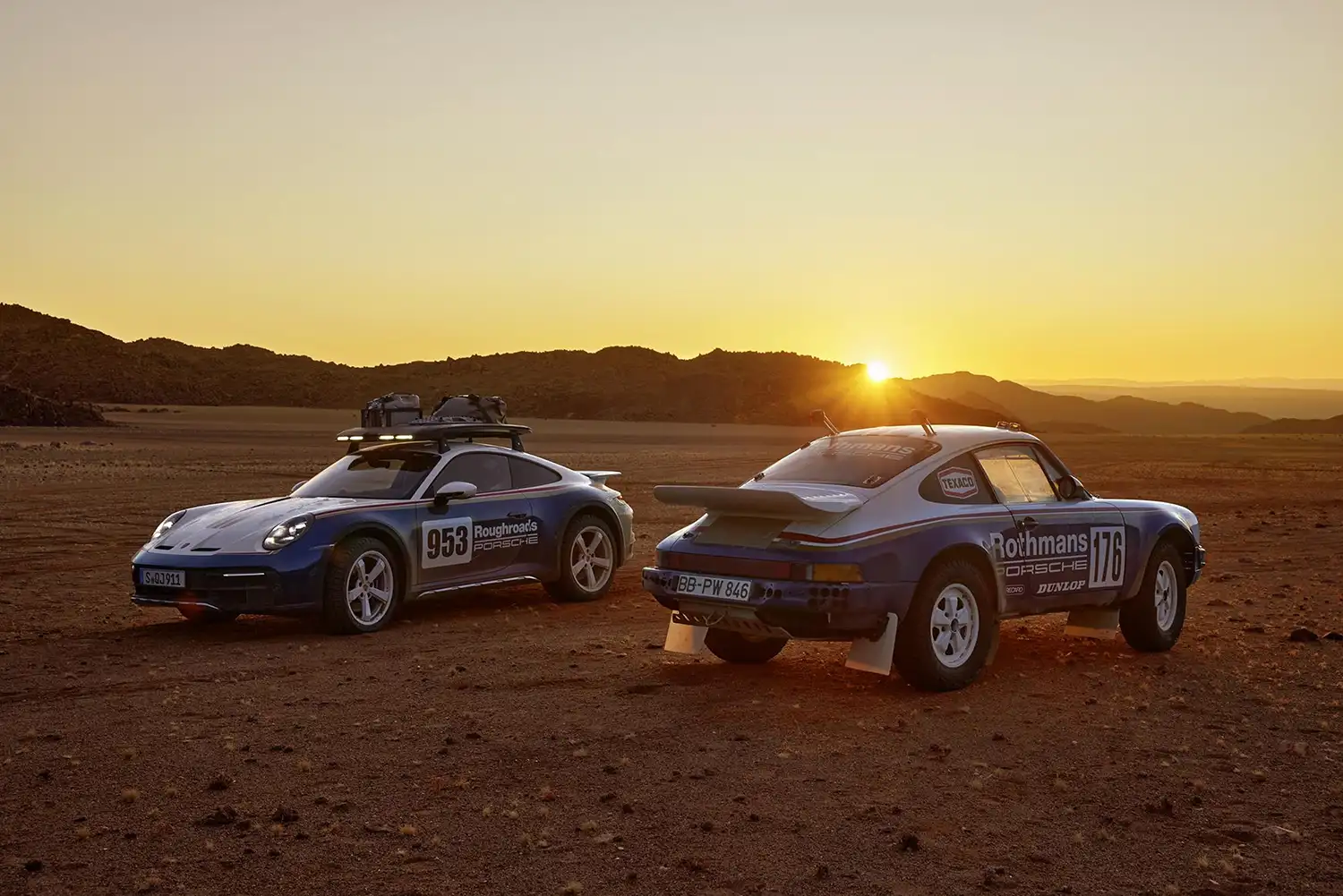
Porsche has long been a titan in motorsport, boasting over 30,000 individual victories. Among these, the brand’s rallying feats stand out, especially with the iconic Porsche 911. From its debut in the 1965 Rallye Monte Carlo to dominating the Paris-Dakar Rally, the 911’s evolution led to a game-changing milestone: the introduction of all-wheel drive. This is the story of how the 911 blazed a trail from rear-wheel-drive rally champion to all-terrain powerhouse.
Rally Beginnings: The 911’s Early Success
In January 1965, just months after its debut, the Porsche 911 showcased its rallying potential by taking fifth place in the Rallye Monte Carlo. By 1968, Vic Elford secured the first win for the 911 at Monaco, marking the start of a legacy. Swede Björn Waldegård further cemented this reputation with back-to-back victories in 1969 and 1970, proving the 911’s prowess in competitive rallying.
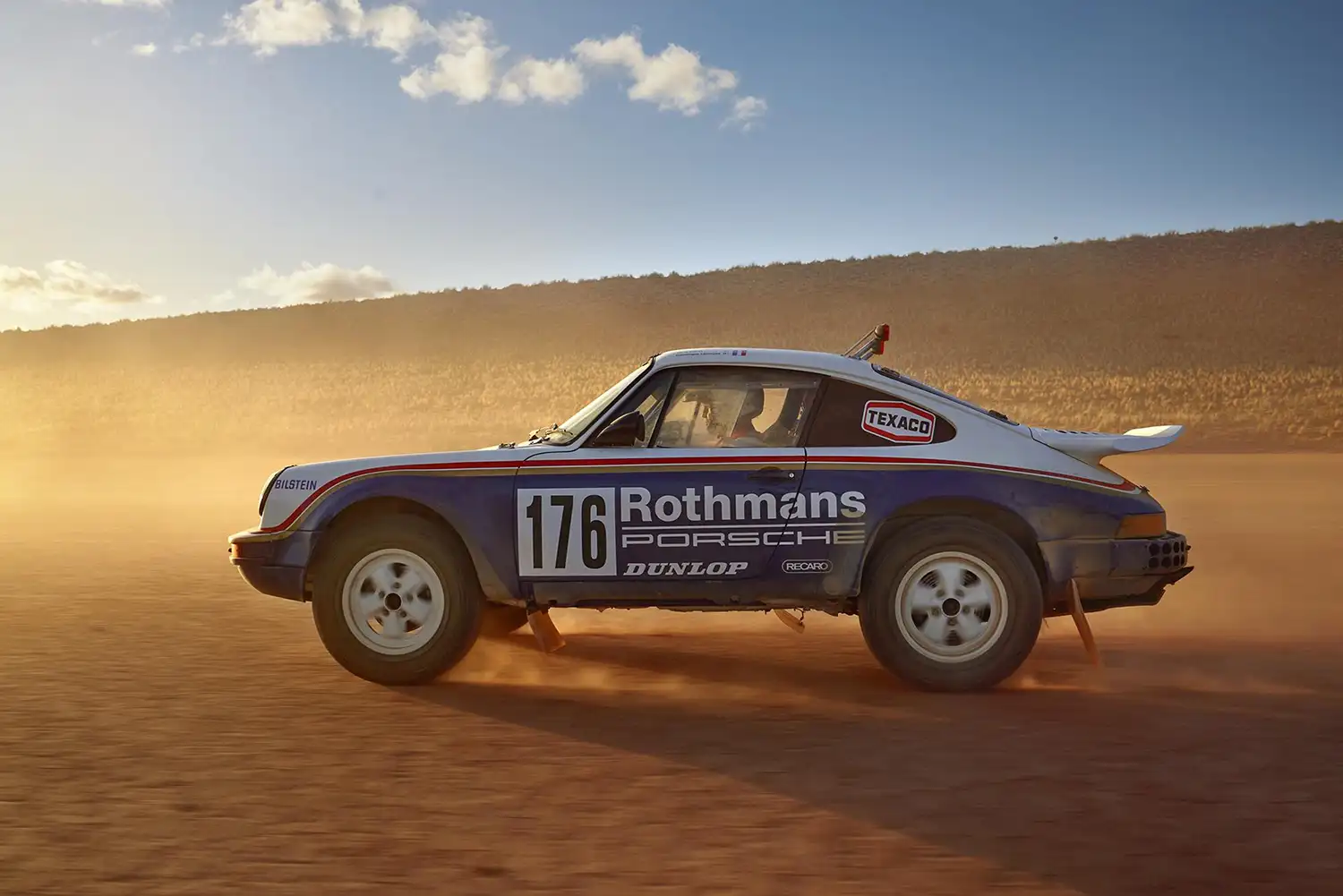
Though Porsche never officially competed in the World Rally Championship, it made its mark in key races. In the grueling East African Safari Rally, the 911 earned notable finishes, including second-place victories in 1974 and 1978. These achievements set the stage for Porsche’s foray into extreme rallying conditions.
The Group B Era and the Birth of the 959
The introduction of Group B regulations in 1982 brought a new era of high-performance rally cars. Porsche began developing the 959, a revolutionary sports car that would become its first all-wheel-drive production model. However, the groundwork for this technology started earlier with the Porsche 911 Turbo 3.3 4×4 Cabriolet, unveiled as a concept at the 1981 IAA in Frankfurt. Tested by rally legend Walter Röhrl, this prototype laid the foundation for Porsche’s all-wheel-drive innovation.
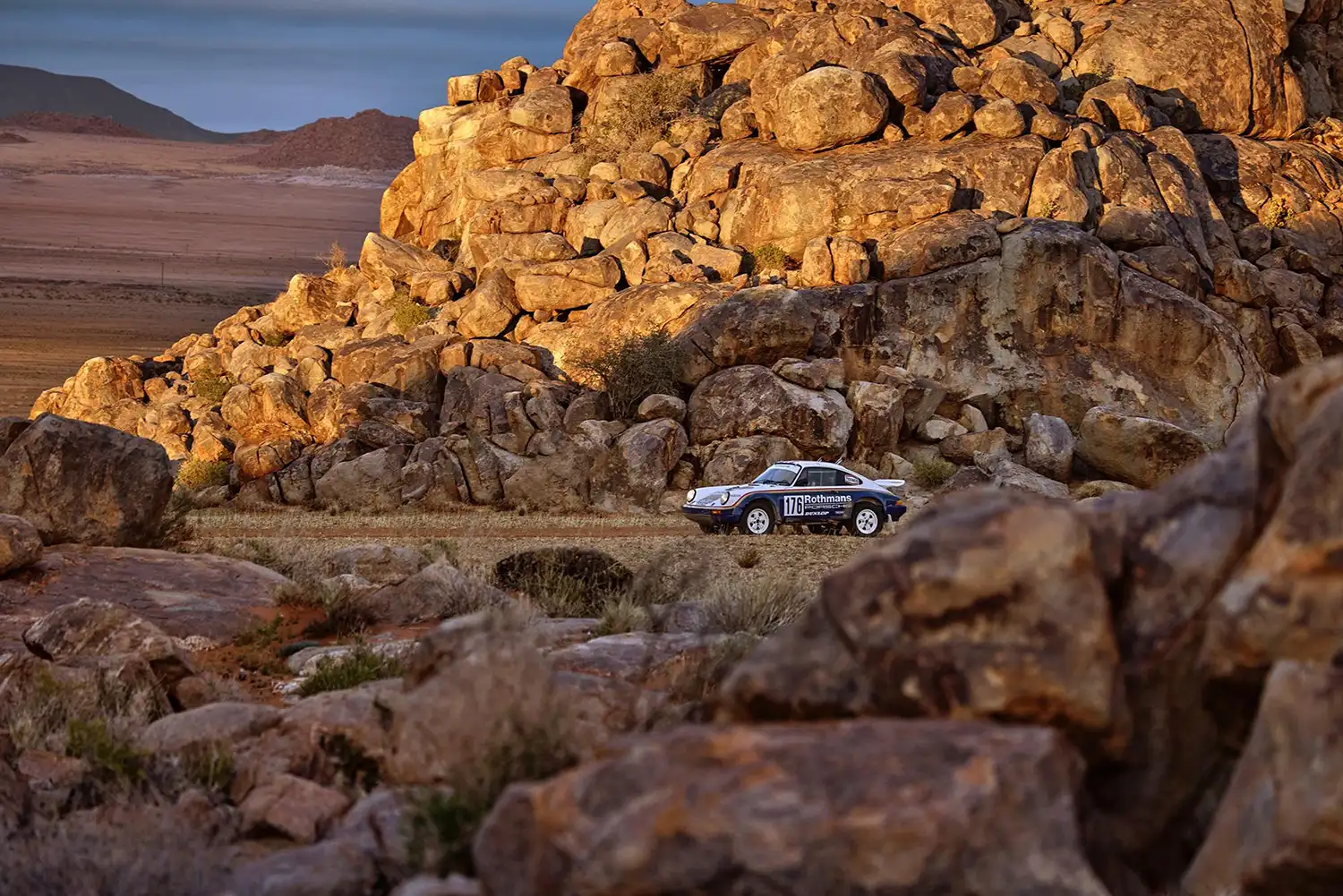
Paris-Dakar and the Rise of the 953
In 1984, Porsche entered the Paris-Dakar Rally, a treacherous 11,000-km event, with the 911 Carrera 3.2 4×4, internally known as the 953. Sponsored by Rothmans, the team fielded three rally-prepped 911s. Despite early setbacks, René Metge piloted the 953 to victory, with Jacky Ickx climbing from 139th to an impressive sixth place. The rally-tested all-wheel-drive system proved invaluable, offering superior traction and performance in challenging desert conditions.
The following year, Porsche returned with the 959, incorporating components from the 953. While early attempts were plagued with mechanical failures, the 1986 Paris-Dakar saw Porsche claim a dominant one-two finish with Metge and Ickx. These triumphs solidified the 959’s reputation and marked the peak of Porsche’s rallying exploits.
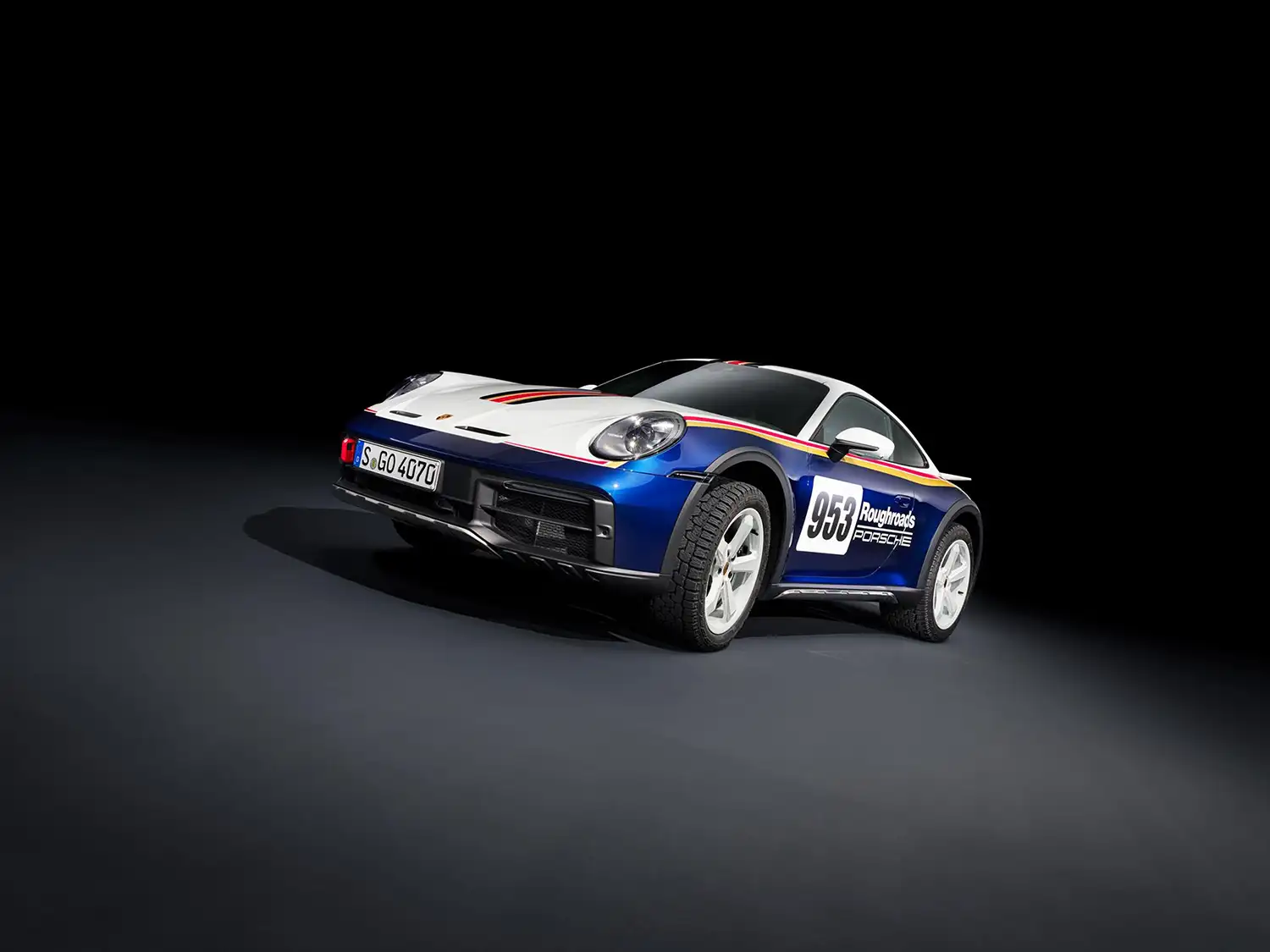
All-Wheel Drive for the Road
The lessons learned from rallying directly influenced Porsche’s production cars. The road-legal 959, launched in the late 1980s, was a technological marvel, boasting 336 kW (450 PS) and an advanced all-wheel-drive system. Though produced in limited numbers, its success paved the way for the 911 Carrera 4, introduced in 1988 as part of the 964 generation. This marked a turning point, making all-wheel drive a hallmark of Porsche’s performance lineup.
Legacy of Innovation
The 911’s journey to all-wheel drive is a testament to Porsche’s commitment to innovation and motorsport excellence. From rally stages to the open road, the 911 continues to embody the spirit of performance, resilience, and engineering brilliance.
Source: Porsche
This article was crafted with assistance from Chatgpt
